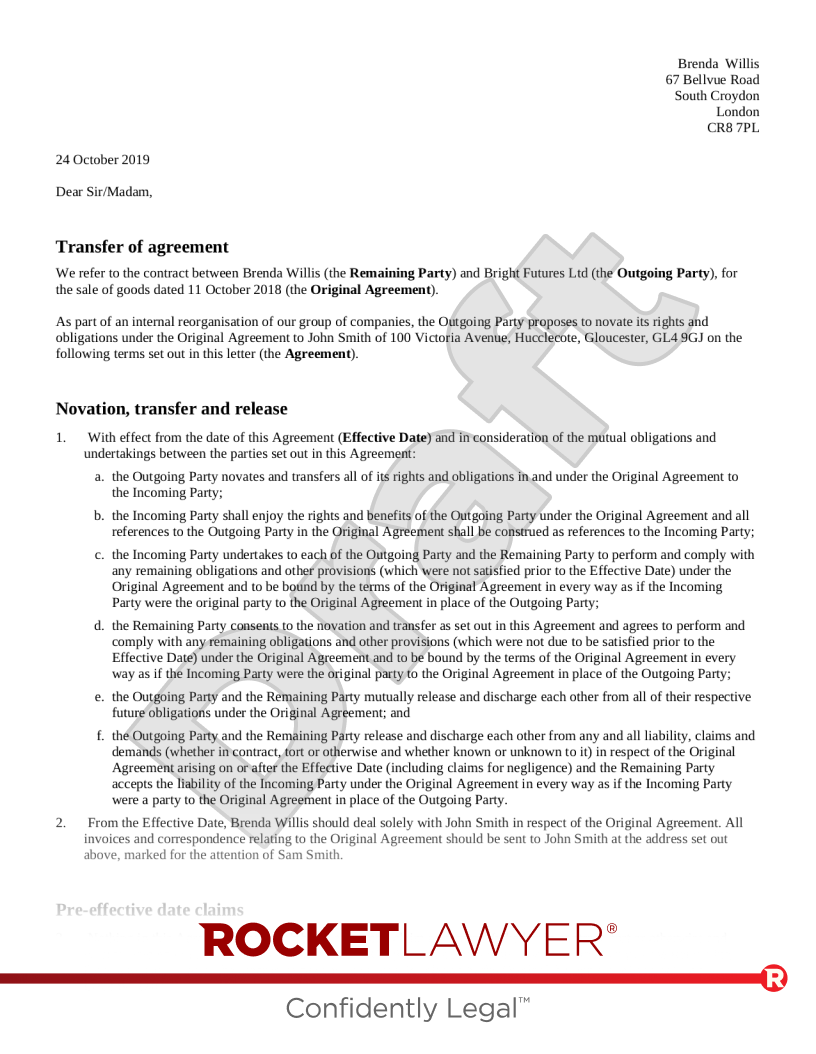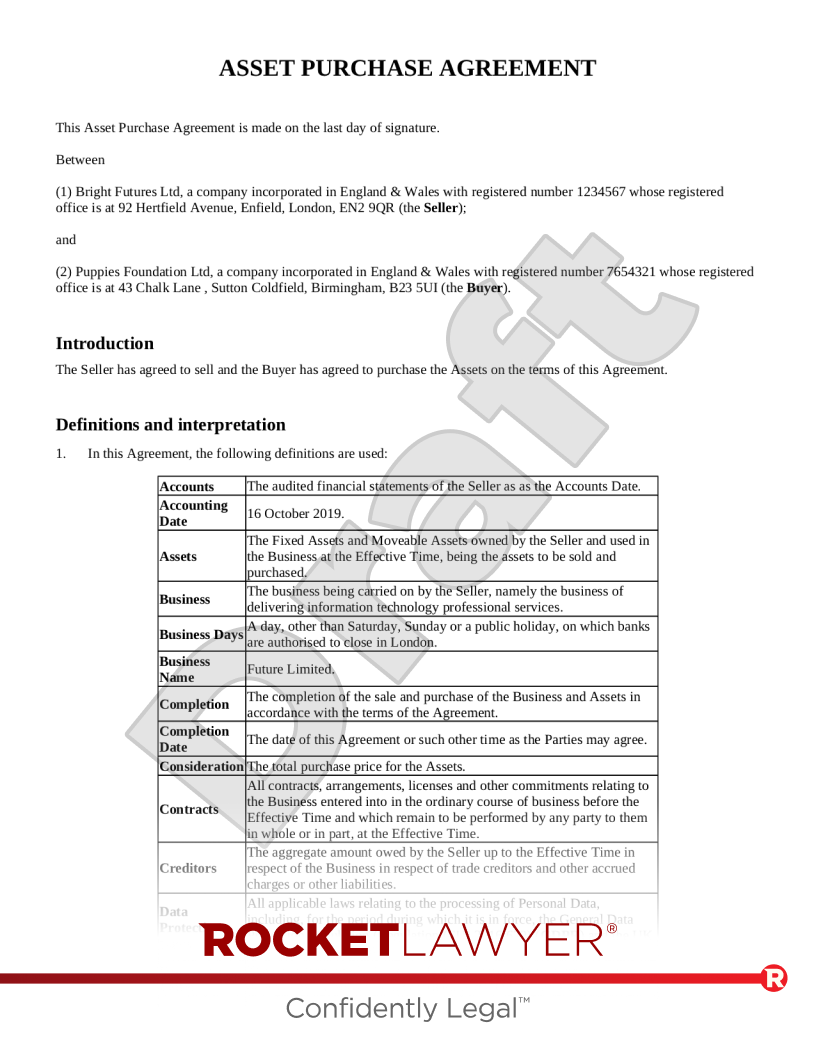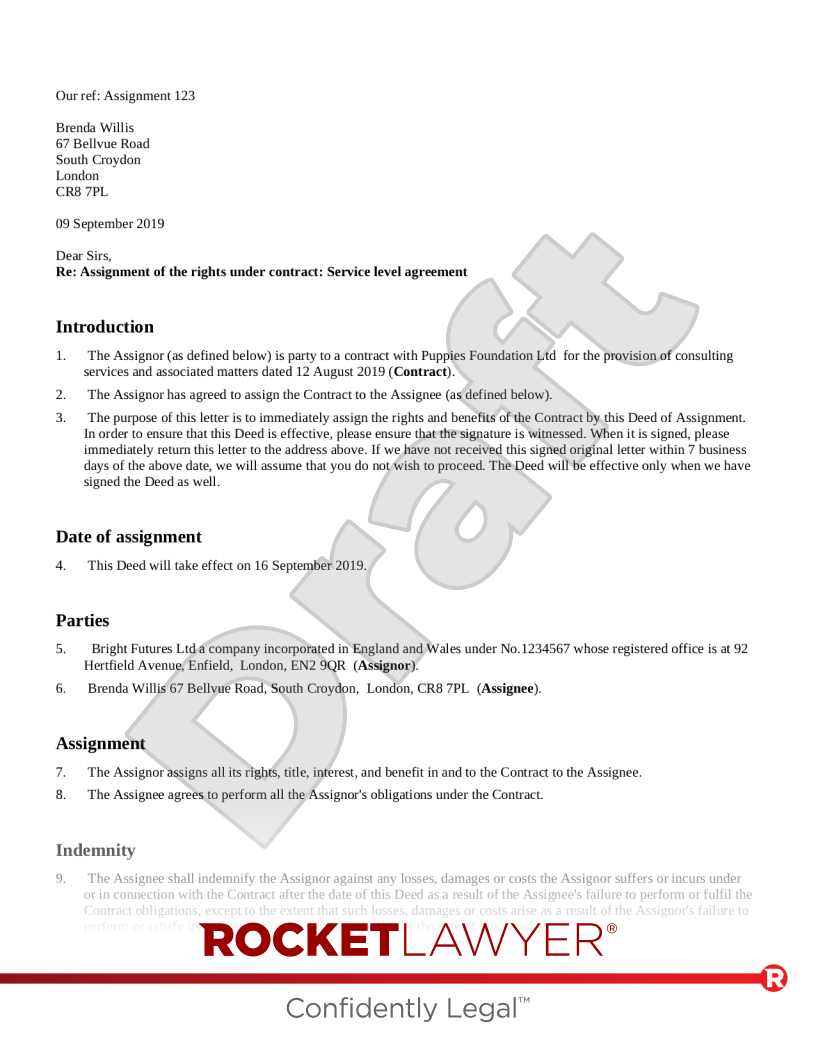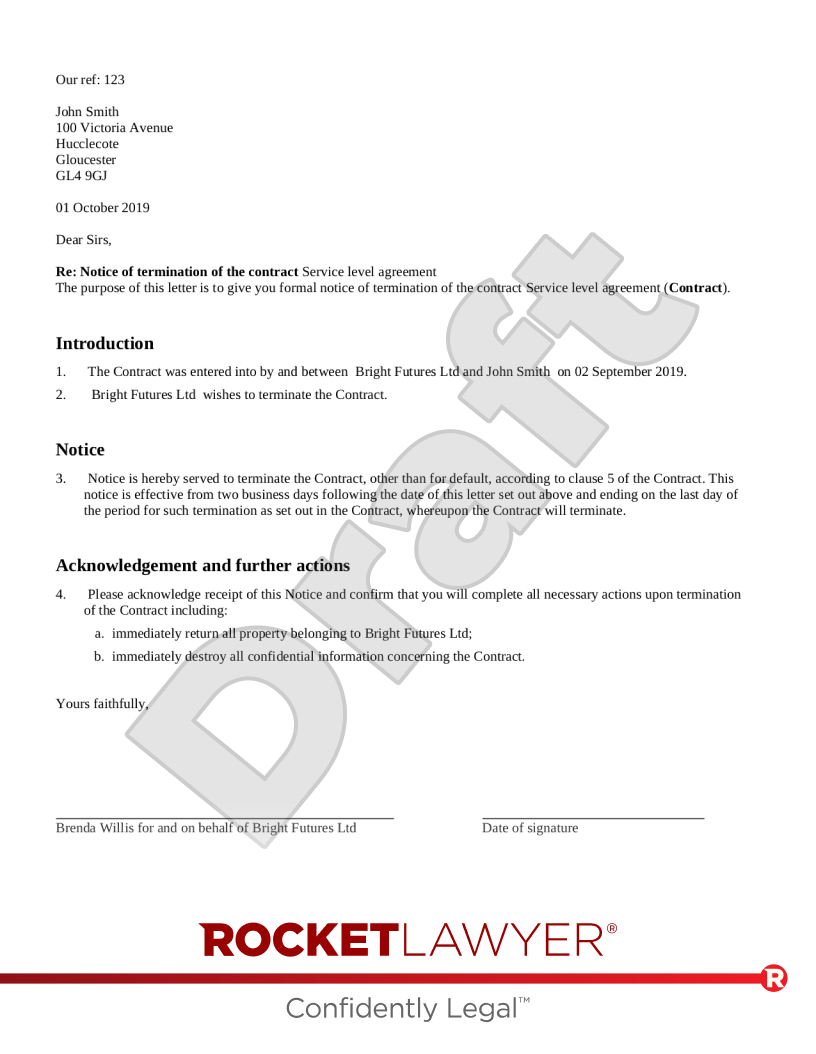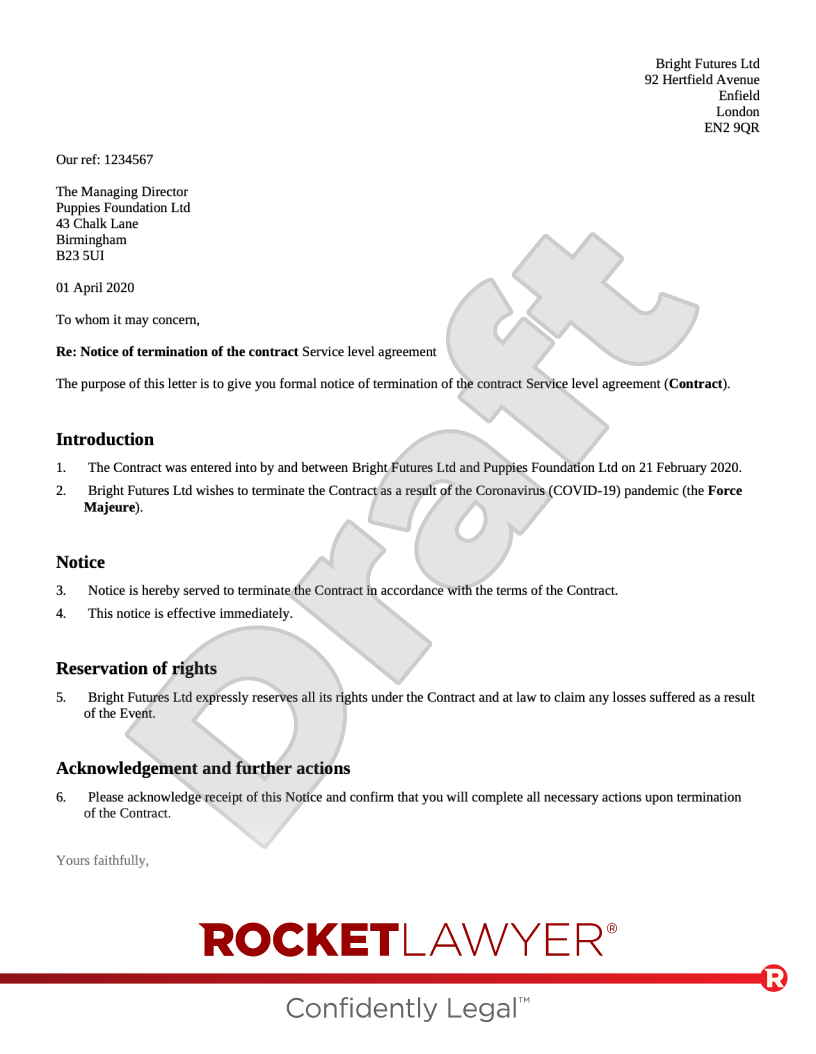Make Your Document In 3 Easy Steps:
Build your document
Answer a few questions to customise your document in minutes

Save, print & share
Save progress and finish on any device, download & print anytime

Sign & make it legal
Securely sign online and invite others to sign

